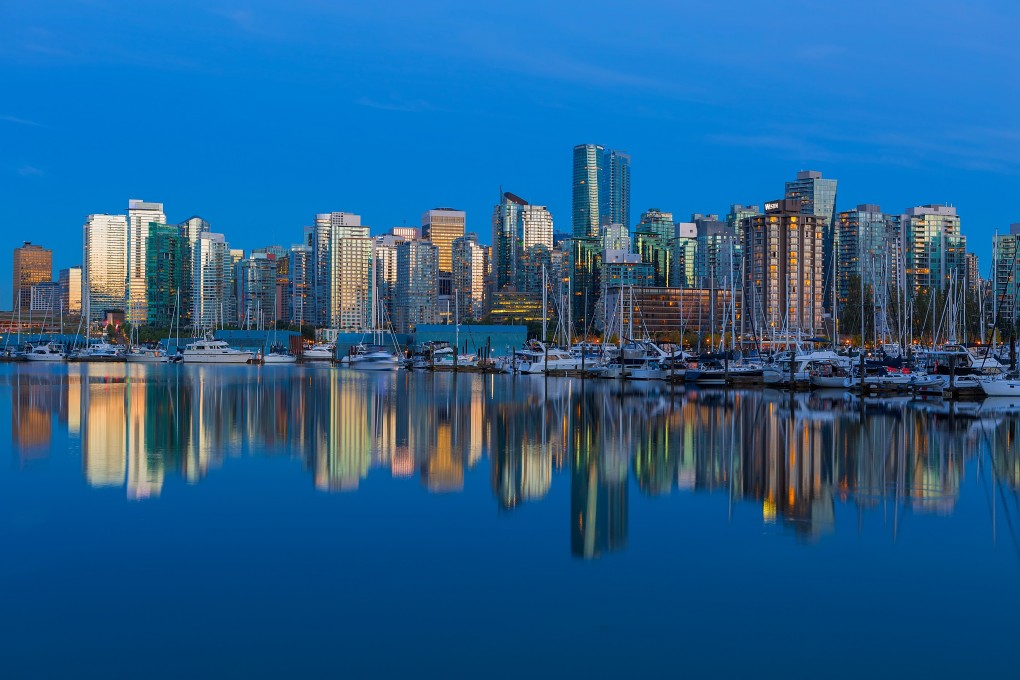Hong Kong, China investors hold fire over Vancouver commercial property, but prices unlikely to crash, analysts say
- Hong Kong, mainland China buyers have invested C$2.8 billion in sector from 2016-18
- Investors are anticipating a decline in residential prices will also bring down commercial property prices

Foreign investors, including those from Hong Kong and mainland Chinese, largely stayed out of commercial real estate in Vancouver, Canada’s second-largest investment market, in the first half of 2019 amid sinking home prices in the city.
“Market participants seemed to be waiting for the next shoe to drop. With single-family homes and commercial properties competing for land, the thinking is that the decline in residential prices will bring down land values, and in turn bring down commercial property prices to the same degree as residential assets,” said Jim Costello, senior vice-president at data provider Real Capital Analytics (RCA).
Residential prices in Vancouver and commercial real estate in wider British Columbia have generally mimicked each other, and with prices of detached homes falling 14 per cent from January 2018 to May this year, many fear commercial property will decline by as much.
From the end of 2018 to May this year, commercial property prices in British Columbia were down a cumulative 1 per cent.
Data from RCA shows that investment into the segment in the first half amounted to C$2.7 billion (US$2.03 billion), of which C$1.7 billion was by domestic investors and the rest from the US.
The lack of investment from this region in the period contrasts with recent years – Hong Kong and mainland China investors have invested a combined C$2.8 billion from 2016-18. The decline also follows capital outflow curbs introduced by Beijing, rolled out in late 2016, and the slowing economies of China and Hong Kong amid the trade war with the US.